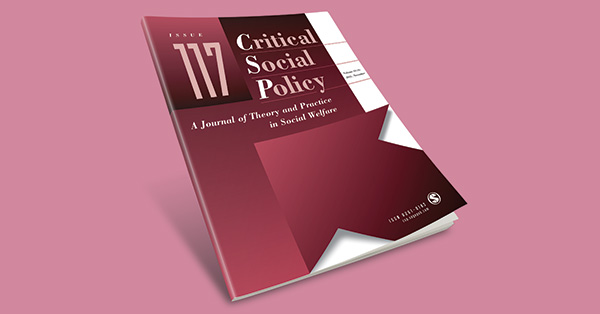From April 10 to 12, 2024, Jana Holz will be attending the International Forest Policy Meeting 5 (IFPM5) at the University of Helsinki.

She will be involved in two formats. Together with Tuulikki Halla (University of Eastern Finland), she will moderate an interactive session “Coffee Salon Human-Forest-Relationships (HFR) – Potentials and Challenges for Future-oriented Forest Policy and Research” on Wednesday, April 10. The salon will take place as part of the online event series “Scientific Coffee Sessions Human-Forest Relationships”, which flumen has been organizing in cooperation with the Human-Forest Relationship Research Club since 2021. In addition to the participants of the conference, the salon is also aimed at interested people from the University of Helsinki as an interactive format.
In the session “Epistemic patterns and concepts: Facilitating critical analysis on gender in forestry” on April 11, Jana Holz will present together with Dr. Anna Saave (BioMaterialities, Humboldt University Berlin ) and Ronja Schröder (Carl von Ossietzky University Oldenburg) on the topic “Taking care of the forest as a part of nature – conceptual thoughts and empirical insights”. She will discuss her empirical research on industrial forestry bioeconomy in Finland in comparison to forestry practice in Canada and Germany from the perspective of feminist care theories.
International Forest Policy Meeting
The IFPM5 brings together social science researchers from the fields of forest policy, forest science, bioeconomy and socio-ecological transformation processes under the motto “A political forest”. The conference takes place alternately in different European countries and has an international focus.


